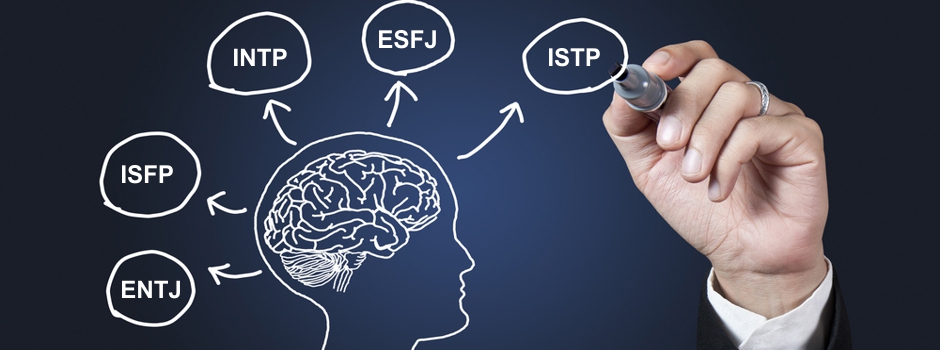Transactional Analysis (TA)
What is TA?
Transactional Analysis started as, and
has remained, a social psychology, a clear departure from
psychoanalysis, as a system that focuses on people's external behaviour
and only secondarily on analyzing their internal psychological
processes. Transactional Analysis was designed as a system that
seeks to understand the interactions of people and to improve the human
social environment.
Berne made complex interpersonal
transactions understandable when he recognized that people can interact
from one of three "ego–states" – Parent, Adult or Child
– and that these interactions can occur at overt and covert levels.
Each one of the ego states is, in effect, a "mind module," a system of
communication with its own language and function; the Parent's is a
language of values, the Adult's is a language of logic and rationality
and the Child's is a language of emotions.
Effective functioning in the world
depends on the availability to all three, intact ego states.
Transactional Analysts are trained to recognize what ego states people
are transacting from, and to follow, in precise detail, the
transactional sequences that people engage in as they interact with each
other. With this training they are also able to intervene
effectively to improve the quality of communication and interaction for
their clients.
The "Games" we play
Berne codified socially dysfunctional behaviour patterns in terms of the
"games" that people play. Games are essentially devious, toxic
and sometimes deadly methods of obtaining "strokes." The
term stroke is Berne's name for the unit of human contact and
recognition.
The "Scripts" we employ
People build their lives around certain favourite games which, with
their repetitive toxic outcomes, promote dysfunctional, life–long
scripts. Scripts are based on early–life decisions, they determine the
dysfunctional roles (Rescuer, Persecutor or Victim) which people fall
upon throughout life unless they are changed or "re–decided."
TA as a Communication Skill
TA therapists are specialists in human communication in
psychotherapy, in relationships and at work; in particular the
transactional methods that people use to obtain much needed strokes. A
Transactional Analysis Psychotherapists task is to help people identify
their ego states and evaluate and improve the ways in which their ego
states function, to recognize the inner dialogues between a person's ego
states, especially those that involve a harsh demeaning Parent, to
recognize the games that people play and to help them stop playing games
and get strokes in a spontaneous, aware and intimate manner.
The potent therapist provides both permission to change and protection
against the anxiety that change creates. Stopping the playing of games
is the first step to eventually replace them with direct and honest
interactions and eventually abandoning the dysfunctional life script.
Transactional Analysis' efficient, yet insightful, contractual method
makes it ideally suited for brief psychotherapy.
Likewise, as consultants, educators and
organizers, Transactional Analysts with their skills in analyzing
transactional patterns are able to understand, predict and help improve
dysfunctional, unproductive, toxic, unco–operative interactions between
people and can quickly help people communicate clearly and effectively
at the three levels of the Parent (values,) the Adult (rationality) and
the Child (emotions, creativity.)















